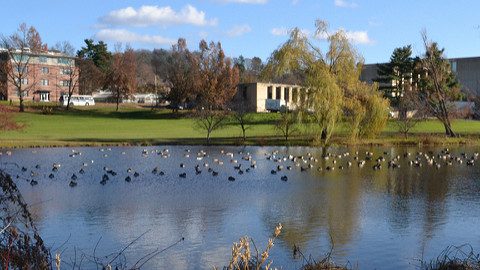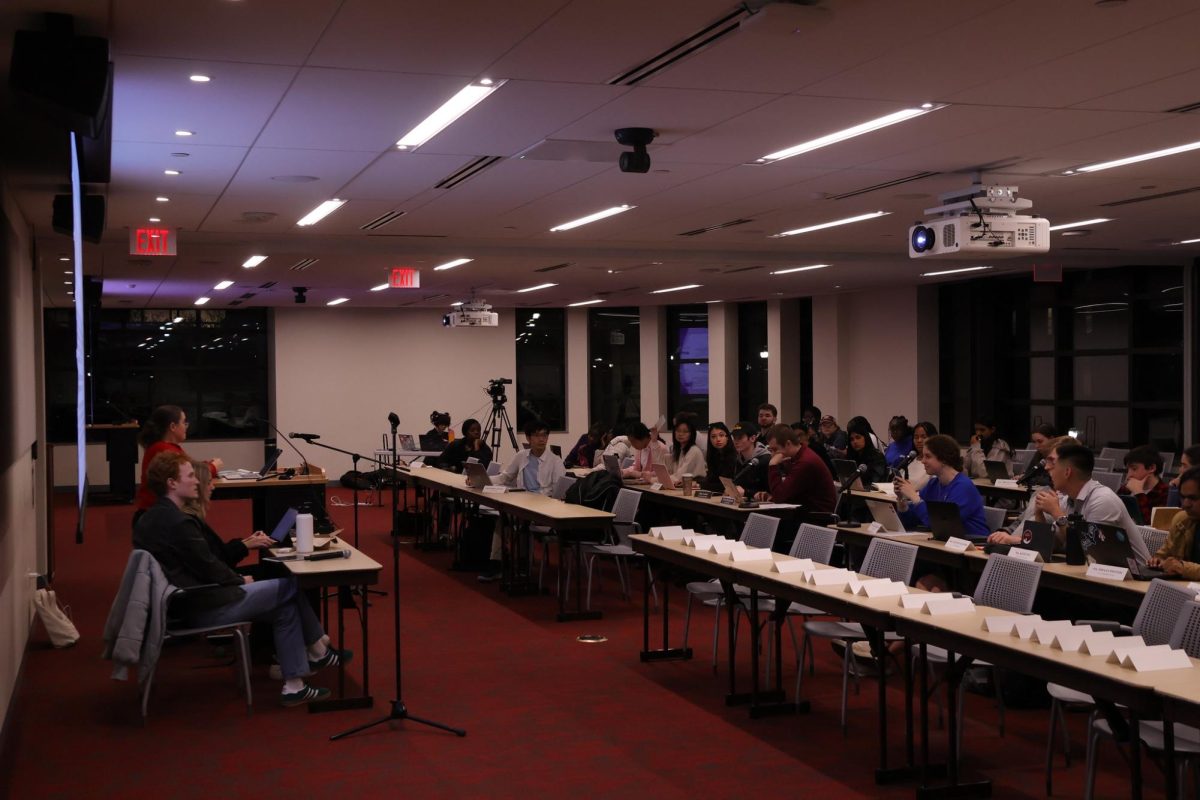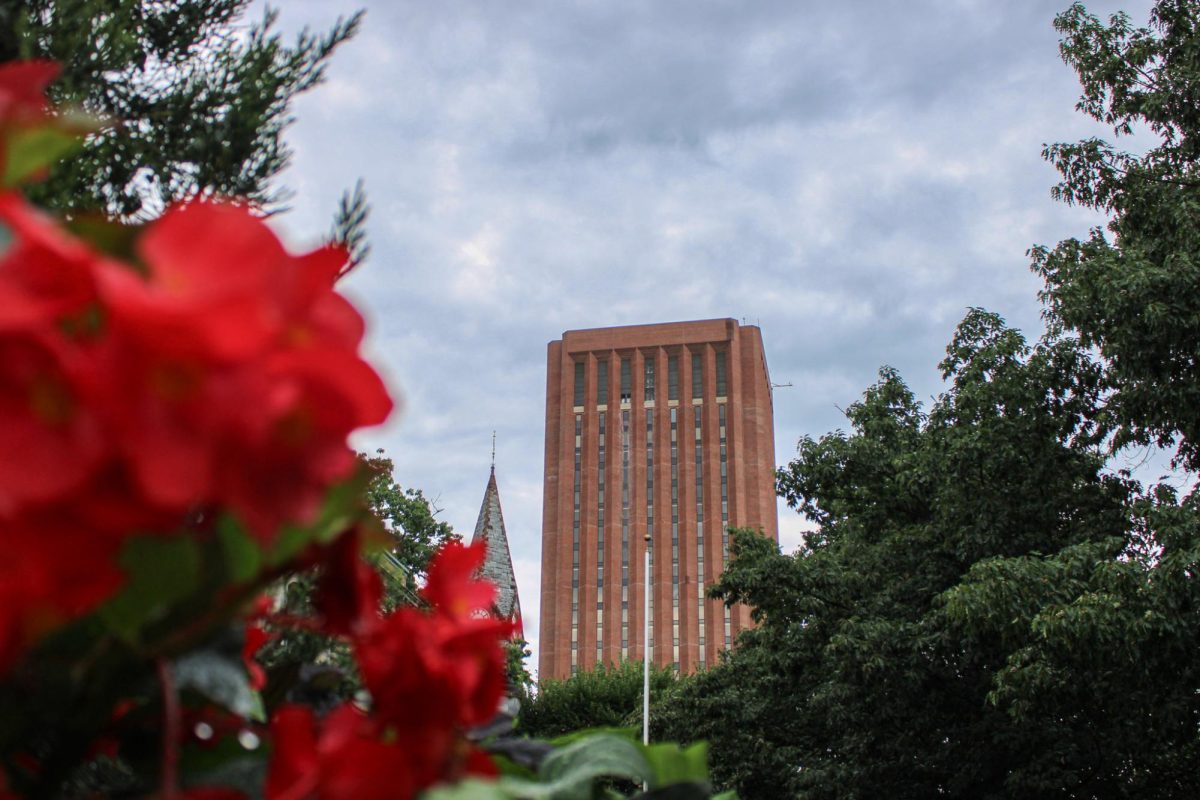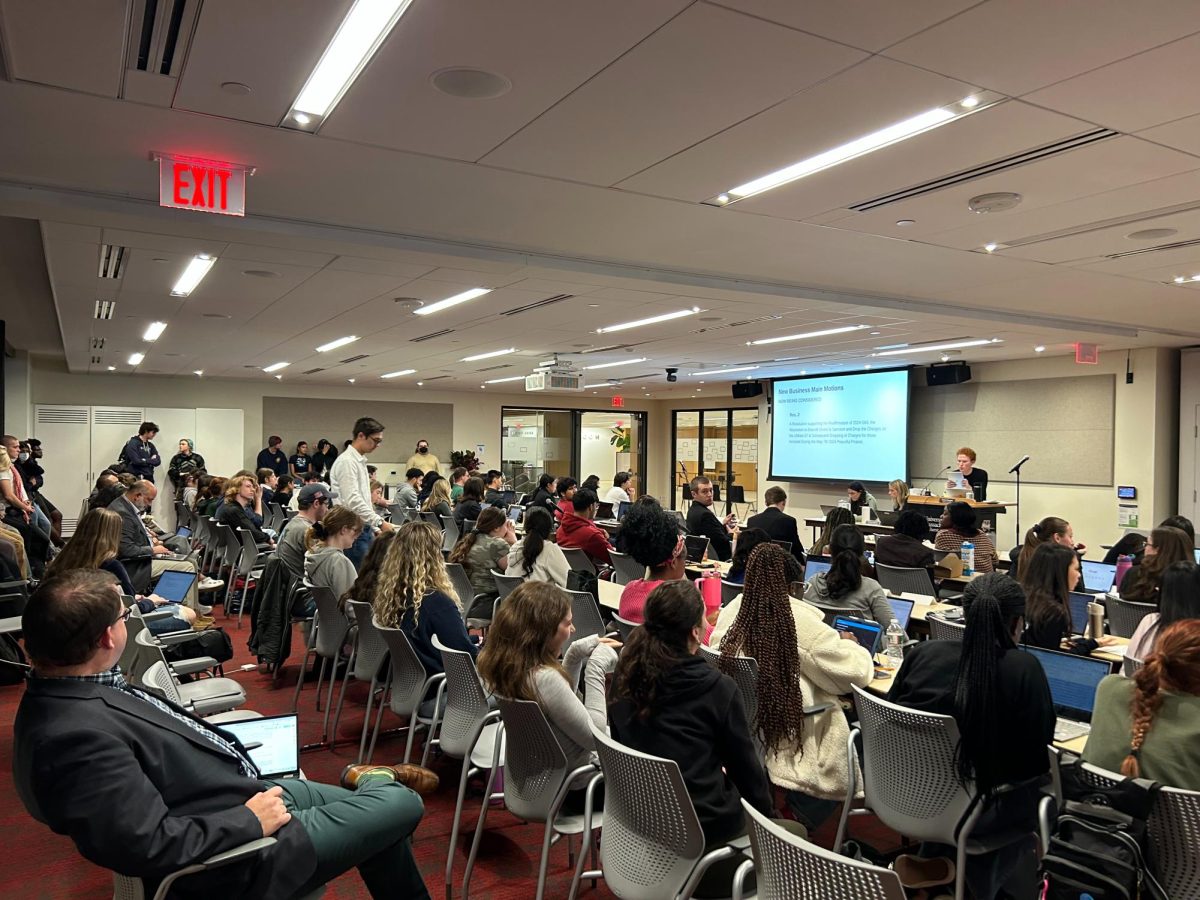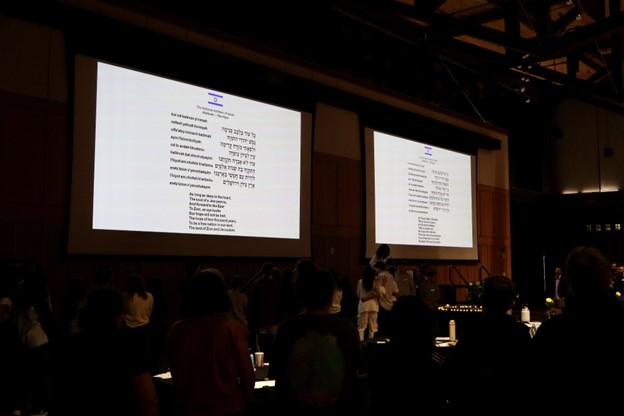Back in December, the College of Education announced it would now be offering a new undergraduate program in special education. They created this program specifically for Western Massachusetts schools, as there is a significant teacher shortage, particularly in special education.
Associate Professor Michelle Hosp, who was hired specifically to pioneer this program, works in the College of Education’s Department of Student Development. Hosp is in her third year and is the coordinator for this new special education concentration.
When asked why there is a need for this program, Hosp said, “We’re working with some of the most at-risk populations that really need to have the best teachers so that these kids have as many opportunities as any other students to be successful in whatever their choices are, whether it be college, going into a trade school or going directly into the work force.”
The program is incredibly exclusive with only 20 seats available each matriculation period. There are also strict prerequisites and a tough application process.
Students are not allowed to apply to this program until they are in their Spring semester of sophomore year. Every applicant is required to already have a primary major, meaning that all students in this program are double majors. The prerequisites for this concentration include two math classes, a human development class and a course that introduces special education. In addition, the applicant must have a passing score on the communication and literacy skills portion of the Massachusetts Tests for Educator Licensure. Finally, it is required that the applicant has a minimum GPA of a 3.0.
The program goes above and beyond what the state and national organization requires because, as Hosp explained, “We really wanted to listen to our community and make sure that the young adults that we are teaching not only are super highly trained, but we want them to be really successful in their careers and have longevity. We want them to really have the most positive impact they can on these most at-risk students that they’ll be working with.
Instead of going a typical route to create this program, Hosp and her colleagues sought out the school districts of Western Massachusetts, spoke to special education directors and talked to current teachers.
According to Hosp, some of the questions they asked of those educators included, “What are the things that you absolutely have to be highly trained in to be successful at you job?” and “What are elements that are changing in the field of education right now that we should be aware of?”
The districts, directors and teachers mentioned the importance of being highly trained in teaching kids how to read, how to handle behavioral issues and how to understand mental health.
Understanding how to teach children with disabilities how to read is important because most kids in special education have some type of reading issue. In addition, understanding behavioral problems are important because there are lots of behavior issues that come with kids with special needs.
Hosp and her colleagues were a bit taken aback when mental health was brought up.
“Every single special education director and people out in the field that we talked to, they said that the number of kids that they’re getting even at very young ages, like kindergarten, that are coming in with mental health issues are really shocking to them,” explained Hosp.
Hosp said that the purpose of this program is to “train these teachers really, really well on research-based practices and best-evidence practices so that they can be highly successful in the field.
Hosp also said that she hopes this program will teach the students how to be good consumers of research and that they’ll be able to differentiate between “glossy advertisements versus some really solid research to support and instructional practice.”
This program specifically is for licensure in the state of Massachusetts and focuses on working with children who have moderate disabilities.
“[This] job that we’re training [these students] to do is to work with those students who have a really good chance of having a very typical, productive life, such as going on to college, having a good career, family, all of that that we think of as given,” Hosp said.
“However, because of their disability, there is something that’s getting in the way of them being highly successful in that school context,” she emphasized. “So, our job as special education teachers is to give them those skills and to prepare them so that they can be successful and be as independent and have all of those opportunities as any typical person would have.”
“There is no one way to do special education because every student who is identified with a disability needs to have an IEP [individualized educational program], so it is tailored very specifically to the student,” Hosp said.
Hosp, her colleagues and the College of Education hope this program will work to fix the deficit of qualified special education teachers in the Western Massachusetts area and hopefully all schools across Massachusetts.
Miranda Emily Eden Senft can be reached at [email protected]

